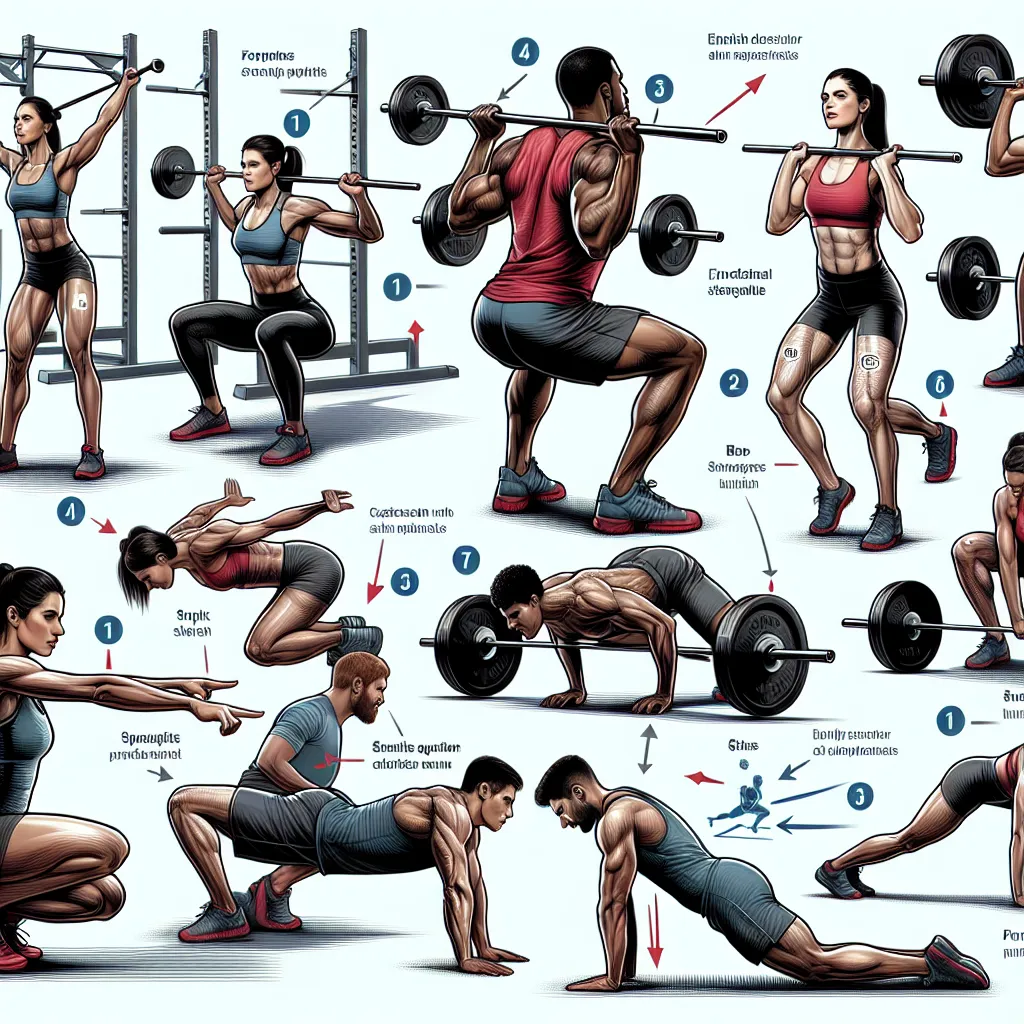Functional strength is a crucial concept in both fitness and professional contexts. For IELTS candidates, understanding and using this term effectively can significantly enhance your performance in the exam. Let’s delve into the nuances of ‘functional strength’ and explore how to incorporate it into your IELTS preparation.
Definition and Pronunciation
Functional strength (noun)
/ˈfʌŋkʃənl strɛŋθ/
Definition: The ability to perform real-world activities and movements efficiently and effectively, combining various aspects of fitness such as strength, balance, and coordination.

Context and Usage
Examples in Context
-
The gym trainer emphasized the importance of functional strength in everyday life.
Analysis: This sentence demonstrates the practical application of functional strength beyond just athletic performance. -
Occupational therapists often focus on improving patients’ functional strength to enhance their quality of life.
Analysis: Here, we see the term used in a healthcare context, highlighting its relevance to rehabilitation and daily living. -
Many athletes incorporate functional strength training to improve their performance in specific sports.
Analysis: This example shows how functional strength is tailored to particular activities or sports. -
The company’s wellness program includes functional strength exercises to reduce workplace injuries.
Analysis: This sentence illustrates the application of functional strength in a corporate environment, emphasizing its role in injury prevention. -
As we age, maintaining functional strength becomes crucial for independence and mobility.
Analysis: This example highlights the importance of functional strength across different life stages, particularly for older adults.
Common Contexts
Functional strength is frequently discussed in fitness, sports training, occupational therapy, and workplace wellness programs. It’s also relevant in discussions about aging and maintaining independence in daily activities.
Frequency in IELTS
While ‘functional strength’ itself may not appear frequently in IELTS exams, the concept is relevant to topics like health, fitness, and workplace safety. It’s more likely to appear in the Reading and Listening sections, particularly in passages about health or workplace practices. In the Speaking and Writing sections, you could use it to discuss fitness trends or workplace wellness initiatives.
Vocabulary Analysis
Word Structure
- Functional (adjective): relating to the way in which something works or operates
- Strength (noun): the quality or state of being physically strong
The combination of these words creates a compound term that emphasizes practical, applicable strength.
Synonyms and Antonyms
Synonyms:
- Practical fitness
- Applied strength
- Real-world strength
- Usable power
Antonyms:
- Impractical strength
- Isolated strength
- Non-functional fitness
Memorization Techniques
Mind Mapping
Create a mind map with ‘Functional Strength’ at the center, branching out to related concepts such as:
- Daily activities (lifting groceries, climbing stairs)
- Sports performance
- Workplace tasks
- Rehabilitation exercises
- Aging and independence
Visualization Technique
Imagine a person effortlessly performing various tasks throughout their day – from carrying heavy shopping bags to playing with children in the park. This mental image encapsulates the essence of functional strength.
Practice Exercises
Application in Sentences
- Write a paragraph about the benefits of functional strength training for office workers.
- Compose a short essay comparing traditional strength training with functional strength exercises.
IELTS-specific Practice
For Speaking Part 2, prepare a talk about a time when you realized the importance of functional strength in your daily life or work.
For Writing Task 2, practice writing an essay on the topic: “Some people believe that gyms should focus more on functional strength training rather than aesthetic-based workouts. To what extent do you agree or disagree?”
Conclusion
Mastering the concept of ‘functional strength’ can significantly enhance your IELTS performance, especially when discussing topics related to health, fitness, and workplace wellness. Remember to practice using this term in various contexts to become more comfortable with it.
We encourage you to share your experiences with incorporating ‘functional strength’ into your IELTS preparation in the comments section below. How has understanding this concept improved your ability to discuss health and fitness topics in English?
For more insights on enhancing your IELTS performance, check out our guide on how to enhance workplace communication, which complements the practical aspects of functional strength in professional settings.